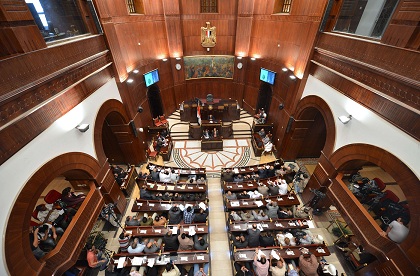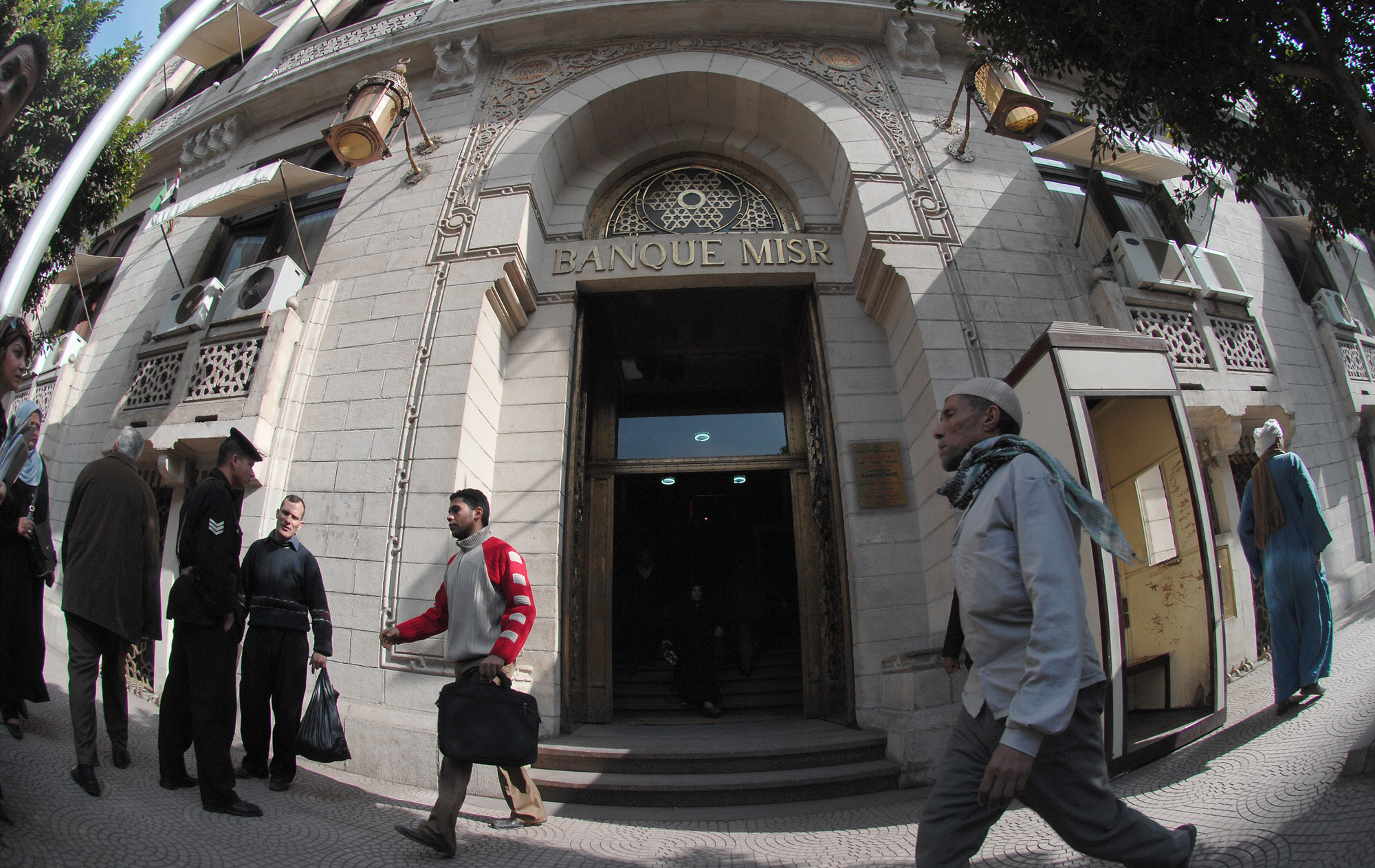Mohamed Salah El-Din, Minister of State for Military Production, met with Suresh K. Reddy, India’s ambassador to Cairo, to explore avenues for strengthening bilateral cooperation across various manufacturing sectors. The meeting took place at the ministry’s headquarters in the Government District of the New Administrative Capital.
Salah El-Din began by welcoming the Indian ambassador and his accompanying delegation, presenting an overview of the manufacturing, technical, and technological capabilities of the ministry’s affiliated companies and units. The ministry supervises numerous industrial firms, along with a maintenance company, an information systems company, a Centre of Scientific and Technological Excellence, a construction company, and a training sector—making it a cornerstone of Egypt’s national industry.
He commended the significant advances in India’s technological infrastructure in recent years, particularly the expansion of internet networks, enhanced data transfer capacity, and improved nationwide communication quality. In this context, he highlighted Tewya Technology, a ministry-affiliated company specialising in information systems, digital transformation, systems analysis and design, business development, and the support and maintenance of information systems for both governmental and private entities, as well as data collection and storage.
The minister stressed the ministry’s core mission of meeting the needs of the Armed Forces and police in terms of ammunition, weapons, and equipment. He added that surplus production capacity is utilised for manufacturing a wide range of civilian products and contributing to national and developmental projects. Salah underscored the ministry’s commitment to adopting advanced technologies, diversifying both military and civilian product lines, and enhancing product quality and competitiveness in international markets. This, he noted, aligns with the directives of Egypt’s political leadership to localise the latest global technologies and expand manufacturing capabilities across all sectors.
Reaffirming the strong ties between Egypt and India, Salah expressed his keenness to build on this cooperation. He referred to existing partnerships, including collaboration between Helwan Diesel Engines Company (Factory 909 Military) and Ashok Leyland in diesel engine manufacturing, and between Helwan Company for Machinery and Equipment (Factory 999 Military), Bajaj of India, and a private-sector partner to produce the environmentally friendly “Qute” vehicle. He emphasised that Egypt’s economy offers promising investment opportunities, supported by large-scale national projects.

Salah El-Din expressed his aspiration to establish further partnerships focused on transferring and localising advanced technologies, deepening local manufacturing, and exchanging expertise and technical information between the ministry’s companies and their Indian counterparts in related fields. The meeting also included an invitation for Indian companies to participate in “EDEX 2025,” to be held in Egypt from 1 to 4 December 2025 at the Egypt International Exhibition Centre under the patronage of President Abdel Fattah El-Sisi, Supreme Commander of the Armed Forces.
For his part, Ambassador Reddy affirmed that Egypt is among the most promising investment destinations, thanks to its unique geographical position linking Africa, Europe, Asia, and the Middle East, along with its energy resources and advanced infrastructure that support industrial growth. He noted that Indian companies view Egypt as an ideal investment hub, not only because of its location but also due to its skilled administrative workforce and strong commitment to developing local talent.
Reddy praised Egypt’s pivotal role in the Arab region and the Middle East, as well as its constructive engagement on regional and international issues. He said several Indian companies are interested in opening new horizons for cooperation with Egypt’s military production companies, given their continuous development and efforts to attract more global investment. He emphasised the importance of facilitating technical delegation exchanges in the coming period to review modern technologies at production facilities and to define areas of mutual cooperation.




